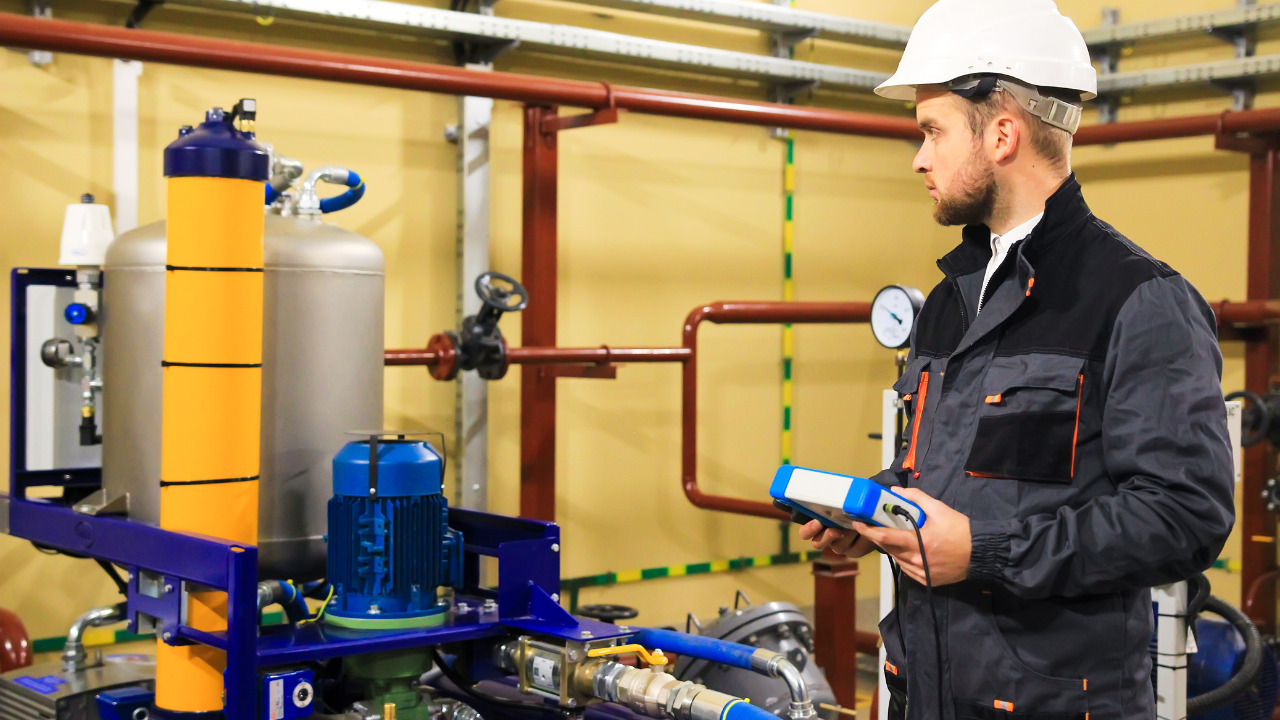Commercial construction projects have different plumbing needs compared to residential ones. They require advanced water, sewer, gas, and fire safety systems.
Plumbing engineers are instrumental in designing and installing these systems. Involving these professionals from the onset of your upcoming project can prevent setbacks during construction. It can also prevent mistakes and oversights that can compromise the functionality of the entire building.
These experts will team up with other engineers to develop an excellent synergetic plan before construction work commences. Read on to learn seven reasons for including a plumbing engineer in your commercial project.
Table of Contents
1.Providing Valuable Input Before Construction Work Begins
According to teamemergencyplumber.com, a knowledgeable plumbing engineer can provide valuable information that matches your project’s unique needs.
Plumbing systems and appliances depend on a structure’s intended purpose. Restaurant buildings, for instance, have entirely different needs from those of office buildings. A restaurant will require safe and reliable plumbing to transport water and natural gas to the kitchen.
A plumbing engineer can ensure proper design and integration of plumbing systems into a project’s engineering plans with more effectiveness.
The outcome will be a highly functional layout and considerable savings on materials and manpower. Working with a professional also results in expertly positioned fixtures.
2. Designing Functional and Cost-Efficient Hot Water Systems
A reliable hot water system is an indispensable part of any building that houses restaurants, medical facilities, or hotel rooms. The right engineer can determine a property’s exact hot water needs. They can then create a system to meet those needs while ensuring efficient water and energy usage.
The engineer may, for instance, recommend an energy-efficient tankless water heater. This modern heater reduces energy usage by delivering hot water only when needed in urgency.
A solar-powered heater can also help reduce utility bills significantly for household or commercial property owners.
You need a system capable of controlling water temperature at a point of use. This is especially true if you are constructing a hotel or manufacturing plant. Water that gets cold or extremely hot at the point of use can be annoying for future guests and sometimes dangerous.
It can also cause unwanted delays in the manufacturing process. A competent engineer can recommend the right fixtures to prevent this problem even before it occurs.
3. Designing and Installing Natural Gas Systems
Gas systems are essential in the smooth running of any business. Design and installation issues can result in major disruption and lost time. Knowledge of the location of each appliance and its gas consumption is crucial during the design and placement process. Gas meters far from the property require bigger pipes to deliver the necessary heat.
The delivery pressure used by the local utility company to transport the natural gas to the property is also essential. The higher the delivery pressure, the higher the heat a specific pipe size can deliver.
Someone without technical knowledge of gas system design and installation can easily overlook such crucial aspects. So, it’s important to work with a plumbing engineer from the design to the actual construction work.
Involving an engineer from the outset guarantees proper design and setup of the natural gas lines. It also ensures your building has a powerful system to satisfy its unique needs.
4. Choosing the Right Piping Materials and Plumbing Fixtures
No two piping materials are the same. Each material is unique and has its pros and cons. PVC and PEX are less expensive than copper and stainless steel. They are, however, prone to corrosion and fail when subjected to extreme temperatures more frequently.
The cost of placing the plumbing lines also affects the choice of material. A plumbing engineer can carefully examine your building’s engineering specifications. The engineer will then recommend the ideal materials for your commercial project to avoid costly future repairs.
A plumbing contractor can also determine the best fixtures for your project if hired from a reliable & old company.
The contractor can provide you with valuable information about quality appliances and equipment available in the market since certified pros have experience working on such projects. You can then use this information to make a wise and informed decision.
5. Adding Fire Safety Features to a Building
A holistic approach to the building design is crucial when integrating fire safety features into your project. A plumbing engineer will work closely with a fire protection engineer when designing a water-based fire safety system.
The design process will involve connecting the main water supply to the fire protection unit. This process might require the engineer to collaborate with a civil engineer. The input of professionals from fire and water departments will also be necessary.
The engineer will design backflow and alarm devices at the point where the main water supply line enters your property. He or she will also place standpipes with connections on the exit stairs.
These connections are extremely important in the event of a fire emergency. Fire department employees usually place their hoses on these connections and extinguish a fire on the property.
6. Reliable Storm Water Management Systems
A plumbing professional is also responsible for designing a storm water management system. The engineer creates drain lines to transport rainwater and snowmelt out of the property.
These drain lines protect your structure from flooding, mold infestation, and water damage in emergencies.
A contractor can also create systems that do not cause unnecessary pressure on the external environment and are much Eco friendly.
They can, for instance, program the system to discharge water in small volumes into the public drainage systems. They can also incorporate systems for recycling rainwater to recharge your borewell.
7.Creating Powerful Sanitary Sewer Systems
Constructing a functional sanitary sewage system is an arduous task. It requires an in-depth understanding of the building’s unique needs.
- Will the property feature a waste containment system?
- Will the wastewater be channeled to the municipal sewer line?
- Does the property need a waste treatment system?
Plumbing engineers usually ask these questions when designing and placing drain lines to transport wastewater from bathrooms and kitchens.
Final Thoughts
A well-designed and installed plumbing system enhances the safety, security, and functionality of any building. Designing and placing a system that matches the unique needs of your project requires experience, creativity, and specialized equipment. It also requires an understanding of national and local building codes.
Involving a skilled plumbing engineer at the beginning of the project guarantees you a well-planned, sustainable property. It can also avoid expensive redesign and repair issues down the road.




